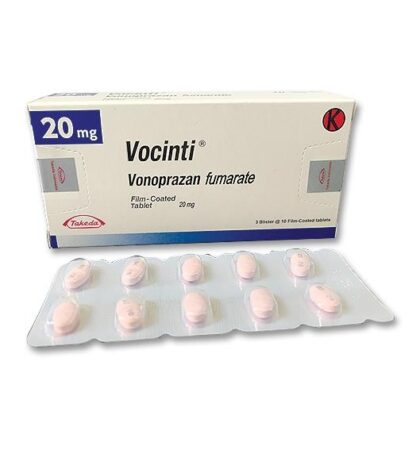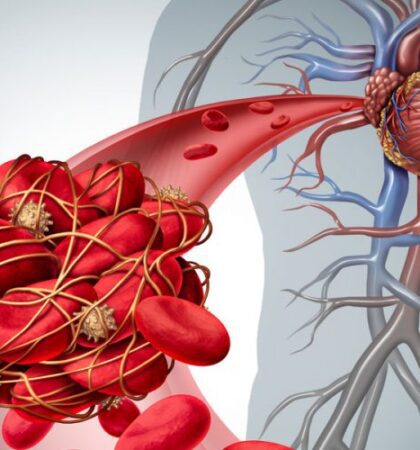lbrexafungerp and oteseconazole are two new orally administered drugs recommended for treating vulvovaginal candidiasis. The drugs aim to be a potential solution for the rising number of anti-fungal-resistant candidal infections. While ibrexafungerp is an alternative indicated in adult and post-menarchal girls with vulvovaginal candidiasis, oteseconazole is only indicated in adults with recurrent infections.
Ibrexafungerp:
Mechanism of action: Inhibits glucan synthase (an essential component of the fungal cell wall) and thereby inhibits the formation of the fungal cell wall.
Contraindications: Pregnancy and breastfeeding
Adverse effects: Abdominal pain, diarrhea, and nausea
Oteseconazole:
Mechanism of action :
Inhibits fungal sterol 14-alpha demethylase (part of the cell membrane) and leads to the accumulation of membrane-disrupting sterols.
Contraindications: eGFR below 30 ml/min, moderate-severe hepatic impairment, pregnancy and breastfeeding
Adverse effects: Headache, nausea, allergic dermatitis.
Reference : https://www.uptodate.com/contents/oteseconazole-drug -information?search=oteseconazole&source=panel_search _result&selected Title=1-9&usage_type=panel&kp_tab=drug general&display_rank=1#F56790891, https://www.uptodate
com/contents/ibrexafungerp-drug-information?search=ibrexafungerp&source=panel_search_result&selectedTitle=1~3&usage_type=panel&kp_tab=drug_general&displayrank=1#F55832922, https://www.ncbi.nlm.nih.gov/pmc







